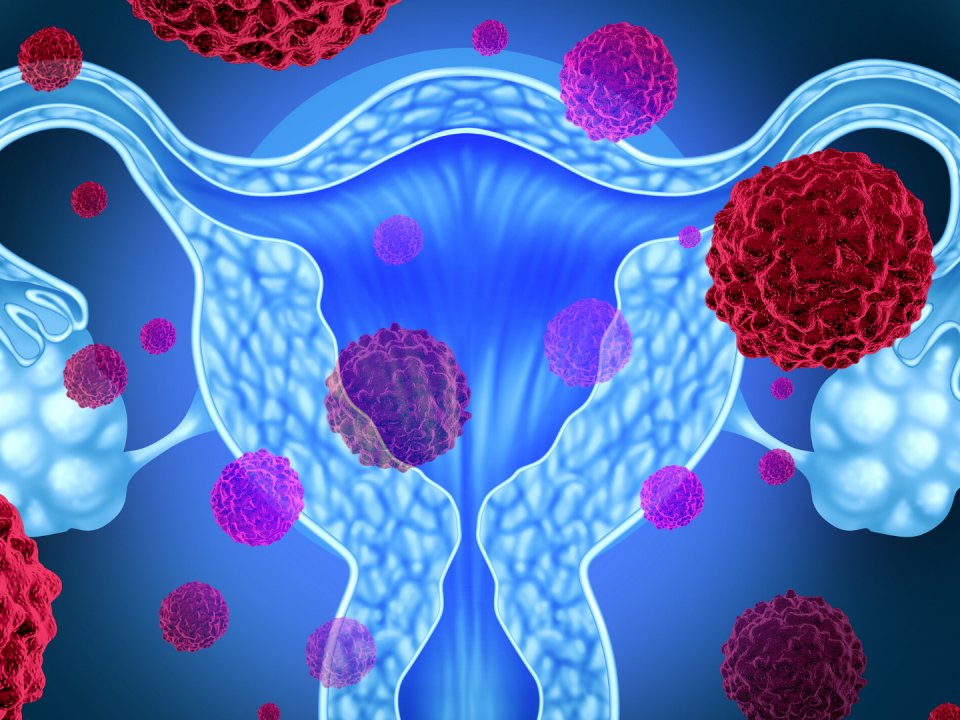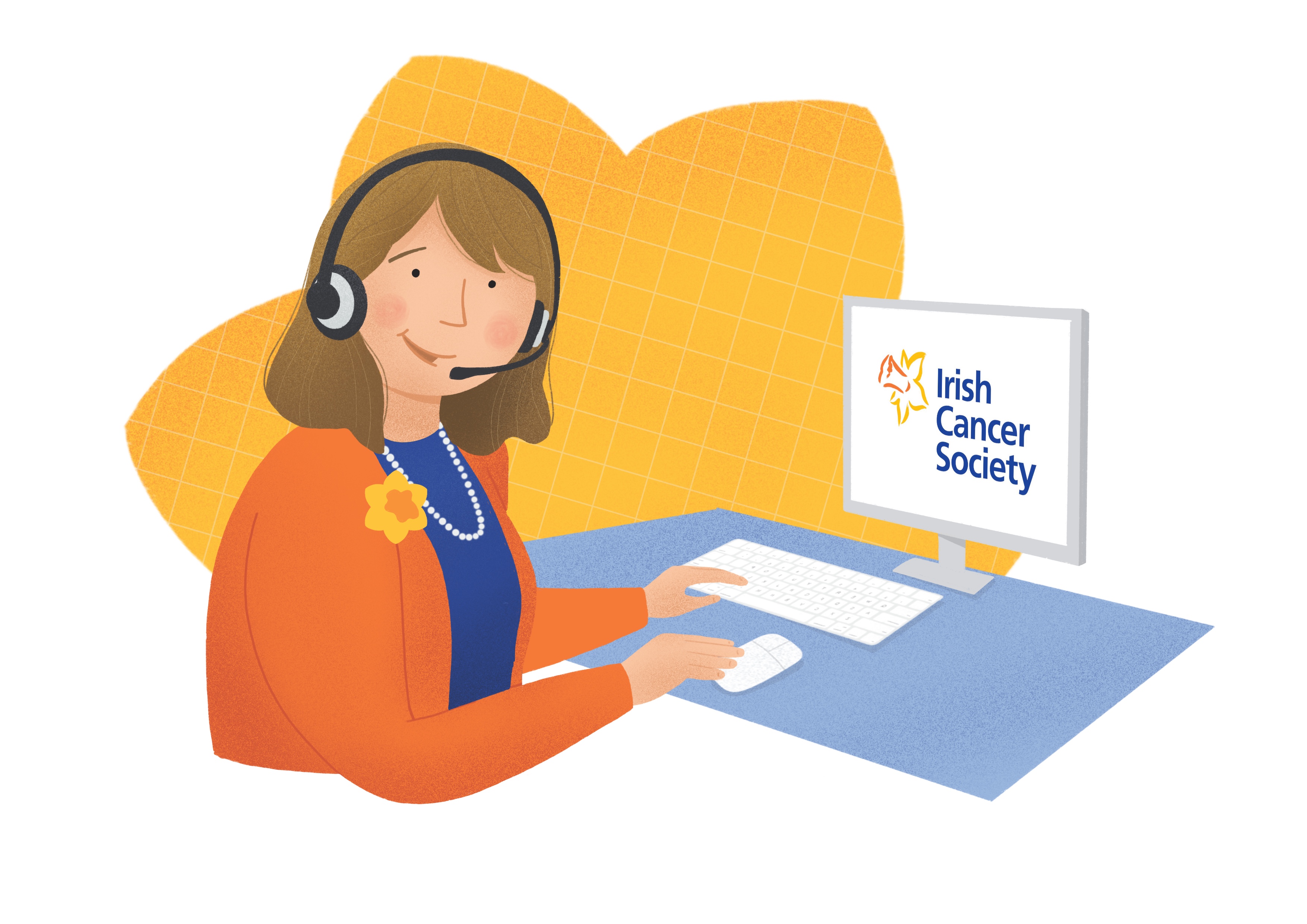
Endometrial cancer researcher Martin Brennan – ‘I want to bring about positive change for the cancer community’
Martin Brennan has an ambition to use the experience he has gained working at the renowned Stanford University to help women avoid the devastating loss of fertility that often comes with treatment for endometrial cancer.
A form of cancer that often affects the uterus (or womb), treatment for endometrial cancer typically involves a hysterectomy or removal of the uterus, with resulting profound impacts on a patient’s life and family choices.
However, by addressing what is known to be a leading cause of endometrial cancer Brennan wants to come up with better solutions that may have even broader applicability for other forms of cancer.
“For this study we’re focusing on endometrial cancer, which is the most common cancer of the female reproductive tract. Obesity is the greatest risk factor for endometrial cancer with the risk increasing by almost 50% for every 5-unit increase in BMI,” says Brennan, who was recently awarded a translational research grant as part of an Irish Cancer Society PhD scholarship to help translate study findings into real-life benefits for patients.
It accounts for 90% of all uterine (in the womb) cancers, and sadly there’s currently a severe lack of fertility-preserving treatments for pre-menopausal women with endometrial cancer.
“Some of the more regular options for endometrial cancer treatment such as hysterectomies are very invasive and can cause complications for the patient that can lead to other severe illnesses, so we’re hoping that bariatric surgery may prove to be a much safer treatment option.
“Our research revolves around a very promising clinical study carried out by Prof Donal Brennan which shows the merits of bariatric (weight-loss) surgery as an alternative fertility-preserving treatment option for endometrial cancer patients with obesity.”
Promising study
The study in question carried out by Prof Donal Brennan found that 8 out of 12 endometrial cancer patients who received bariatric surgery to reduce their stomach capacity went into remission after six months as a result of weight loss, a finding that Martin Brennan wants to expand on.

“That’s really an extraordinary result, so by expanding the number of patients in our study we’ll get a strong idea of the benefits of using this procedure as a suitable fertility-sparing treatment option for endometrial cancer.
“On top of this approach my study will revolve around understanding the biological mechanism that caused the positive outcome seen in Prof Brennan’s clinical study, so that we can potentially develop therapeutics that replicate the effects of weight loss, and can perhaps be used to treat a wide range of cancer types that can be affected by obesity including breast, colorectal and kidney cancers.”
To do this, Brennan will seek to upregulate proteins known as ‘MHC’ in the tumour microenvironment which allow white blood cells known as ‘T cells’ to be able recognise and attack tumours. They will do so by targeting proteins known as ‘PPARS’, which impair normal immune cell, with specific inhibitors in a move that would represent a major step forward for treatment.
Positive impact
Patient involvement is central to Brennan’s research, an aspect that made the Irish Cancer Society scholarship so attractive to him.
“I’m excited about taking what I’ve learned in the US to try to bring about positive change for the cancer community in Ireland.
“This grant particularly stood out to me because of the benefits that could be gained from involving patients in our study, and getting to hear their input and what they think might be important to the cancer community, because at the end of the day researchers are trying to create a positive impact for them and improve the quality of life for patients.”
The work of Irish Cancer Society funded researchers is made possible through the kind support of the public.
To help support our cancer research please visit www.Cancer.ie/Donate
Contact the Irish Cancer Society Support Line
If you have worries or concerns about cancer, you can speak confidentially to an Irish Cancer Society Cancer Nurse through the Freephone Support Line on 1800 200 700.
Monday to Friday, 9.00am - 5.00pm

For more information
Phone
1800 200 700
